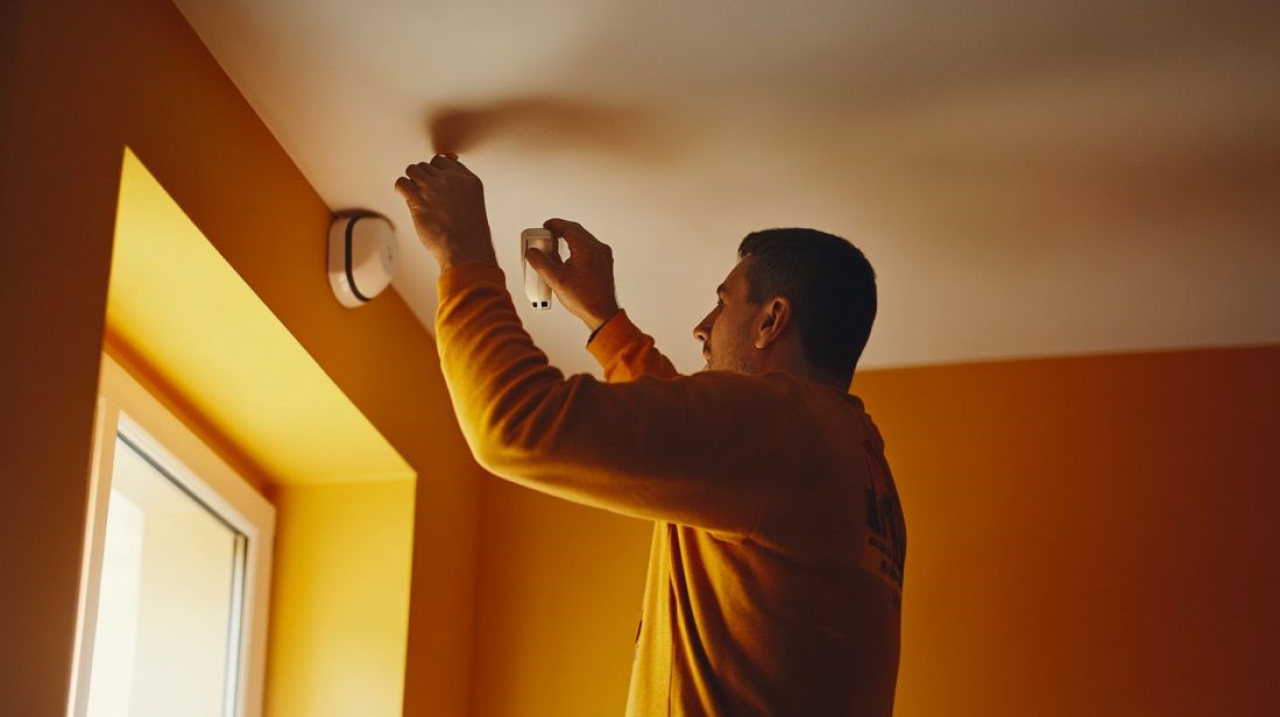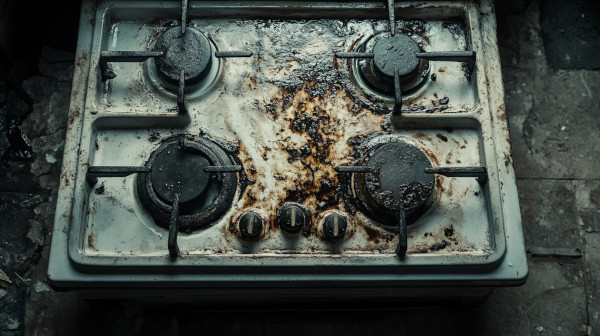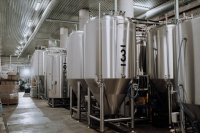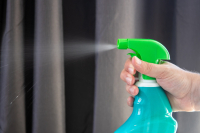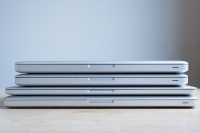Identifying Common Fire Hazards
The first step in fire safety is knowing what you’re up against. Fire hazards can sneak into everyday situations, often without you even realising it.
Flammable Materials
Things like curtains, paper, and even your favourite stack of magazines can become serious fire hazards if they’re too close to heat sources. Keep these items away from heaters, candles, or any open flames. It’s a small change that makes a big difference.
Faulty or Overloaded Electrical Systems
Electrical problems are another common issue. Overloading power strips or ignoring frayed wires can lead to sparks, and we all know sparks plus flammable stuff equals trouble. If your lights flicker or you smell something weird near an outlet, don’t ignore it. Get it checked out by a professional.
Unattended Cooking Equipment
The number of house fires caused by leaving a pan on the stove is no joke. Staying in the kitchen while cooking, especially if you’re frying or grilling, is one of the simplest ways to prevent accidents.

Kitchen Safety
The kitchen is the heart of the home, but it’s also one of the most common places where fires start. A little extra attention here can go a long way.
Proper Storage and Safe Cooking Habits
Make sure flammable items like oils, paper towels, and even wooden utensils are stored well away from your stovetop. If you’re deep-frying or grilling, keep a lid nearby to smother flames if something catches fire. And remember, distractions are the enemy—stay focused when you’re cooking.
The Importance of a Clean Oven
Here’s one a lot of people overlook: a dirty oven can be a fire waiting to happen. Built-up grease or old food scraps can ignite when the oven gets hot. Regularly cleaning your oven might feel like a chore, but it’s worth it for peace of mind.
We talked with the team at Optima Cleaners, and they emphasised that consistent oven maintenance is key to both safety and efficiency.
How to Clean It Safely: Always let the oven cool before starting. Use non-flammable cleaning solutions, and if you’re using the self-cleaning feature, stay home to keep an eye on it.
How Often Should You Clean?: If you use your oven a lot, aim for a light cleaning every couple of weeks and a deeper clean every few months.
Electrical Safety
Electricity is a modern miracle, but it can also be a hidden danger if not handled properly.
Avoid Overloading Circuits
Power strips are handy, but they’re not invincible. Plugging too many high-energy devices into one strip can cause overheating and even lead to fires. Spread out your devices across different outlets.
Check Your Cords and Plugs
Frayed or damaged wires are another sneaky hazard. If you notice any wear and tear, replace the cord or device. It’s better to be safe than sorry. Also, avoid running cords under rugs where they can overheat.
Heating and Fireplace Precautions
When it gets chilly, heaters and fireplaces are lifesavers. But they can be dangerous if not used properly.
Space Heaters
Keep portable heaters at least three feet away from anything flammable. This includes curtains, bedding, and furniture. Look for models with automatic shut-off features that kick in if the heater tips over.
Fireplace Maintenance
If you have a fireplace, make sure it’s inspected annually to check for creosote buildup or other issues. When disposing of ashes, always use a metal container and keep it outside—ashes can stay hot enough to ignite for days.
Smoke Detectors and Fire Alarms
Smoke detectors are your first line of defence, and they’re so easy to install and maintain that there’s no excuse not to have them.
Installing Smoke Detectors
Put them in key areas like the kitchen, hallways, and every bedroom. Test them monthly and replace the batteries twice a year, even if they’re not dead yet.
Integrating Fire Alarms into Your Safety Plan
Smoke detectors are great, but they’re only half the battle. Make sure everyone in your household knows what to do when the alarm goes off. Practice your fire escape plan so it’s second nature.
Fire Extinguishers and Emergency Preparedness
Fire extinguishers are a must-have, and they’re surprisingly easy to use.
Choosing the Right Fire Extinguisher
Not all extinguishers are created equal. Look for one that covers multiple types of fires (usually marked as ABC). These are versatile and work on most home fire situations.
Placement and Usage
Keep extinguishers in key spots like the kitchen, garage, and near exits. Learn how to use them with the PASS method (Pull, Aim, Squeeze, Sweep). It’s simple, and knowing this can make a huge difference in an emergency.
Fire Escape Plan
Having a solid escape plan is just as important as preventing fires. Walk through your home with your family and identify two exits for each room. Practice your escape route so everyone knows what to do if the worst happens.

Outdoor Fire Safety
It’s not just the inside of your home you need to think about. Outdoor areas can also pose fire risks, especially during dry seasons.
Garden and Waste Management
Keep your garden free of dry leaves, twigs, and other debris that could catch fire. Dispose of flammable waste responsibly and avoid burning it unless local regulations allow it safely.
Barbecues and Fire Pits
If you’re using a barbecue or fire pit, keep it at least 10 feet away from your home and overhanging branches. Always have water or a fire extinguisher nearby, just in case.
Fire safety doesn’t have to be overwhelming. Small, consistent actions—like cleaning your oven, checking your smoke detectors, and practising an escape plan—can make all the difference. Take a moment to walk around your home and spot potential risks. Then, tackle them one by one. It’s worth it for the peace of mind knowing you’ve done everything you can to keep your home and loved ones safe.
